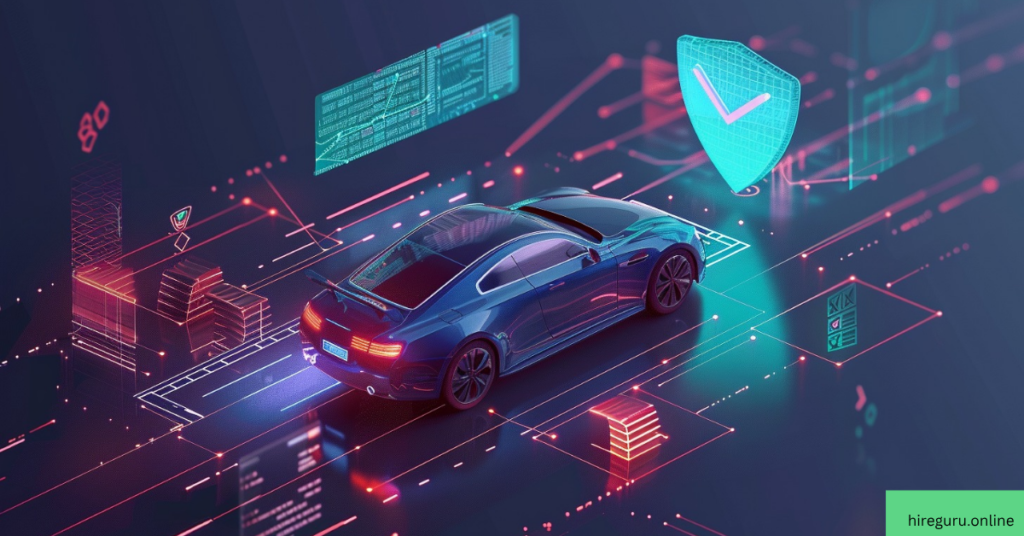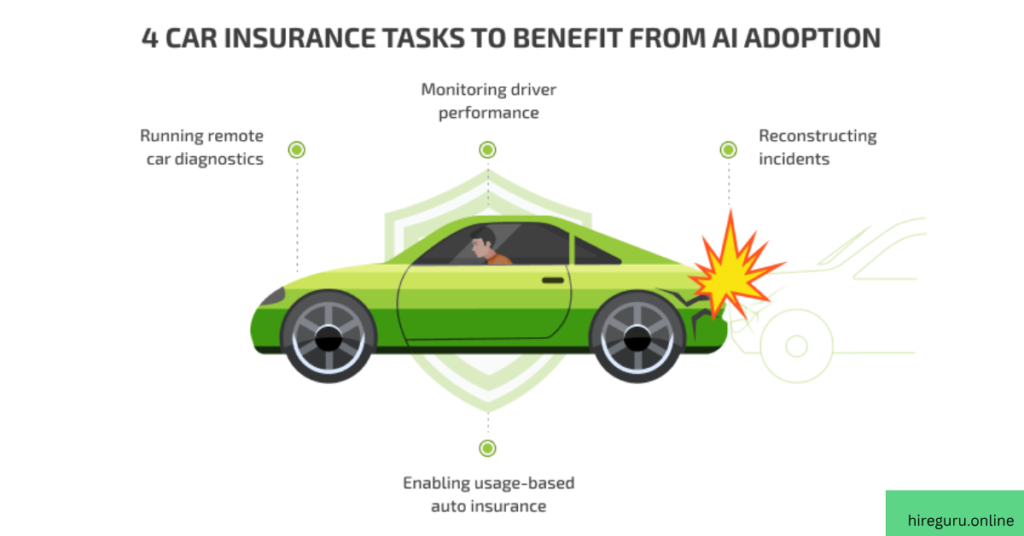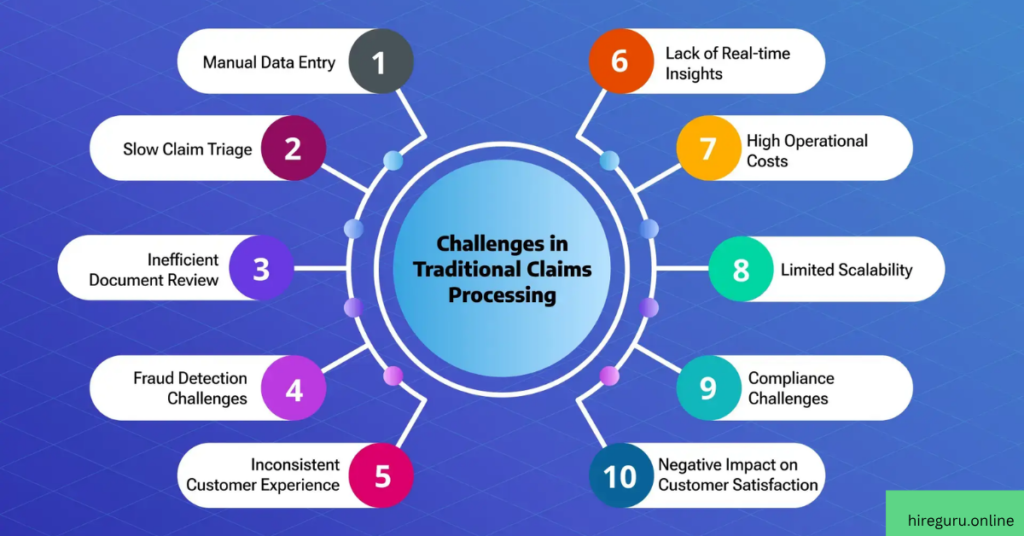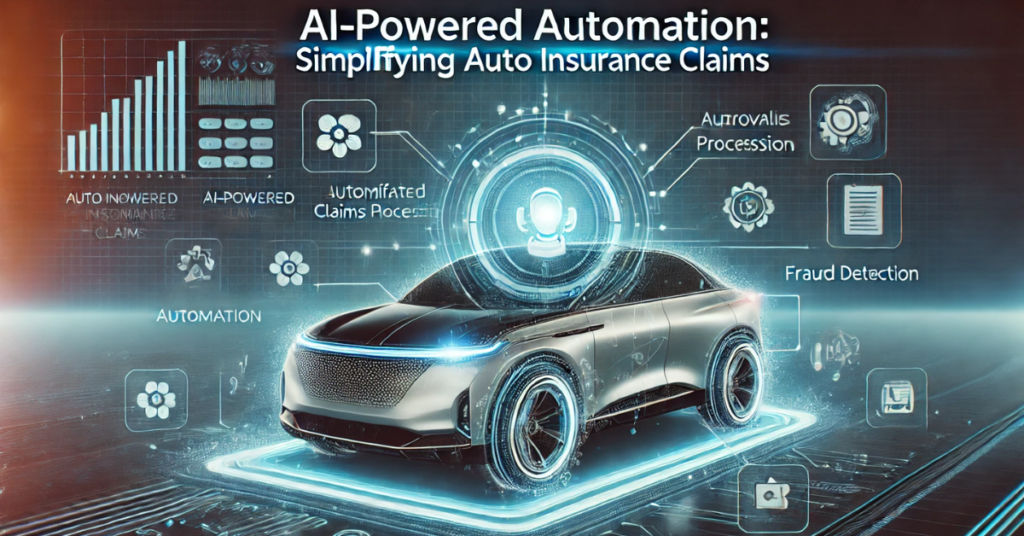The Future of Car Insurance: AI-Based Risk Assessment in 2025
The Future of Car Insurance: AI-Based Risk Assessment in 2025 – As the insurance industry evolves, artificial intelligence is playing a pivotal role in redefining how driver risk is evaluated. This article explores how AI-powered tools such as telematics, machine learning, and predictive analytics are transforming car insurance in 2025 by enabling personalized premiums, faster claim processing, and smarter underwriting. Learn how AI is making auto insurance more accurate, efficient, and responsive to individual driving behavior.
What Is AI-Based Risk Assessment in Car Insurance?
AI-based risk assessment is the process of using intelligent algorithms, real-time data, and behavioral analysis to evaluate a driver’s risk profile. Unlike traditional methods that rely heavily on age, gender, car model, and claim history, AI-driven assessments consider how you actually drive.
This includes your braking habits, speed limits adherence, time of driving, and even GPS-based route analysis.
The goal is to move away from generalized pricing models and offer personalized car insurance premiums based on individual driving behavior.
Technologies Driving AI-Powered Car Insurance in 2025

The surge in AI adoption within car insurance is made possible through a combination of innovative technologies:
✅ Telematics and IoT Devices
Modern vehicles are equipped with onboard sensors and telematics devices that collect data in real time. These devices monitor acceleration, cornering, hard braking, and even phone usage while driving.
✅ Machine Learning Algorithms
Insurers use machine learning models to identify patterns and predict future behavior. These models become more accurate over time, making risk assessment smarter.
✅ Big Data and Predictive Analytics
With access to massive volumes of driving and claim data, AI systems can now accurately predict accident probabilities, fraud risks, and policy lapses.
✅ Mobile Apps and Dashcams
Insurers offer driver score apps and connected dashcams that track journeys and evaluate risk factors. This also helps in dispute resolution during claims.
Benefits of AI in Car Insurance for Drivers

AI-powered car insurance offers multiple advantages for policyholders. Here’s how:
✅ Customized Premiums Based on Driving Habits
Drivers who consistently follow traffic rules, avoid sudden braking, and drive during safe hours can enjoy lower car insurance premiums. This eliminates unfair pricing based on demographics.
✅ Safe Driver Discounts and Reward Programs
AI enables insurers to offer reward-based car insurance programs. Good drivers can earn discounts, cashback, or loyalty points.
✅ Faster and Automated Claim Settlements
AI can detect accidents through telematics and initiate the claim process automatically. It reduces the need for lengthy paperwork and minimizes fraud.
✅ Greater Transparency in Policy Pricing
With AI, policyholders understand why their premium changed, thanks to transparent risk scoring and driving reports.
Benefits for Insurance Companies
Insurers also gain significant value from AI-based risk assessment:
✅ Accurate Underwriting
AI improves underwriting precision by analyzing more variables than humans ever could. This reduces claim costs and pricing errors.
✅ Fraud Detection and Prevention
AI systems flag unusual claim patterns and inconsistencies, reducing fraudulent activities.
✅ Improved Customer Segmentation
Using AI, insurers can design niche insurance products such as pay-per-mile car insurance or short-term ride-share driver policies.
✅ Cost Efficiency Through Automation
Chatbots, AI agents, and claim automation lower administrative costs and free up resources for better customer support.
Real-World Examples in 2024–2025
Several companies have already started implementing AI in their insurance workflows:
- Progressive’s Snapshot Program uses telematics to customize driver premiums.
- Allstate’s Drivewise App collects data from users’ smartphones to assess risk.
- Lemonade uses AI to settle claims in as little as 3 minutes.
- Insurers in Asia and Europe are also integrating dashcams with AI to verify accident footage instantly.
These advancements are making usage-based car insurance models more accessible and popular across global markets.
Challenges and Ethical Considerations of AI in Car Insurance

While AI brings efficiency, it also raises some valid concerns:
⚠️ Data Privacy and Consent
Drivers must agree to share personal driving data. Without strong data protection laws, this can lead to misuse or breaches.
⚠️ Bias in Algorithms
AI is only as unbiased as the data it learns from. Incorrect inputs may result in discrimination in pricing or claim denial.
⚠️ Tech Divide
Older drivers or those without access to smartphones or modern vehicles may be disadvantaged in AI-driven models.
⚠️ Regulatory Ambiguity
Many countries still lack clear regulations around AI-based insurance underwriting, leaving room for conflict and confusion.
Insurers must work closely with regulators to create ethical AI car insurance systems that protect consumers’ rights.
Also Visit This Health Insurance vs. Critical Illness Cover
How Car Owners Can Prepare for AI-Based Car Insurance

If you’re planning to buy or renew your car insurance in 2025, here’s how to make the most of AI-powered features:
✅ Install Telematics Devices or Use Mobile Tracking Apps
Choose insurers that offer driver scorecards and safe driver incentives.
✅ Maintain Safe and Consistent Driving Habits
Following speed limits, braking smoothly, and avoiding night-time driving help build a better driver profile.
✅ Understand the Data Sharing Terms
Always read the privacy policies before enrolling in AI-based insurance plans.
✅ Compare Plans from AI-Enabled Insurers
Use online platforms to find insurers offering the best AI-driven auto insurance premiums based on your actual driving behavior.
The Road Ahead: What’s Next for AI in Auto Insurance?
As AI continues to evolve, car insurance is moving toward a future where policies adjust in real time. Some upcoming trends include:
🔮 Real-Time Policy Adjustments
Premiums may vary monthly depending on driving trends, road conditions, or even weather data.
🔮 Fully Automated Claims via AI
AI bots can assess damage from photos and process payouts instantly.
🔮 Integration with Autonomous Vehicles
Self-driving cars will come with their own insurance challenges and AI-driven pricing models.
🔮 Eco-Driving Incentives
Drivers using electric or hybrid vehicles may get better premiums based on environmental performance scoring.
Conclusion
The use of AI-based risk assessment in car insurance is revolutionizing how policies are priced, managed, and claimed. For drivers, it offers personalized premiums, quicker claims, and incentives for safe habits. For insurers, it brings better risk control, fraud reduction, and cost efficiency.
In 2025 and beyond, embracing AI in car insurance is not just an option—it’s a strategic necessity. As a vehicle owner, staying informed and adopting AI-supported features will help you secure the most value from your auto insurance policy.




